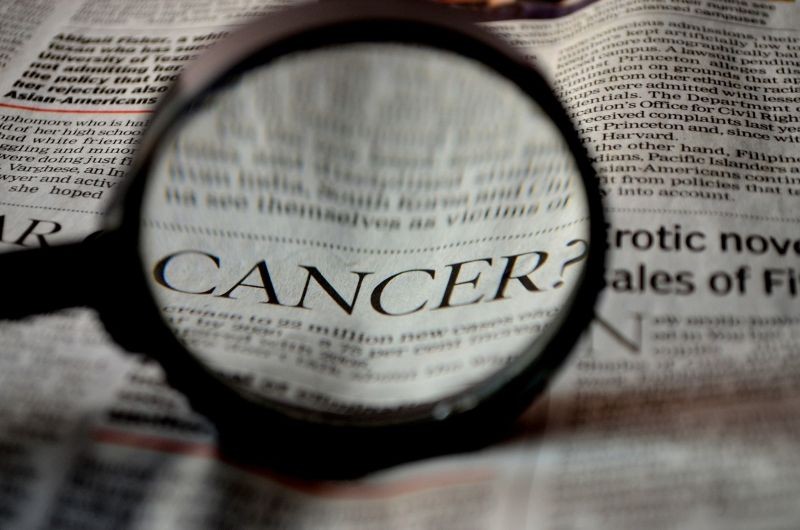 Cancer
Cancer
South Korea: Scientists find way to change cancerous cells back to normal without side effects
Showing a ray of hope, South Korean researchers have discovered a way that can potentially change cancerous cells back to normal.
Showing a ray of hope, South Korean researchers have discovered a way that can potentially change cancerous cell back to normal.
Korea Advanced Institute of Science and Technology announced on December 20 that a research team led by Professor Kwang-Hyun Cho from the Department of Bio and Brain Engineering has developed a 'groundbreaking technology' that can treat colon cancer by converting cancer cells into a state resembling normal colon cells without killing them, thus avoiding side effects.
The research team focused on the observation that during the oncogenesis process, normal cells regress along their differentiation trajectory, the university said in a statement.
Building on this insight, they developed a technology to create a digital twin of the gene network associated with the differentiation trajectory of normal cells.
Through simulation analysis, the team systematically identified master molecular switches that induce normal cell differentiation.
When these switches were applied to colon cancer cells, the cancer cells reverted to a normal-like state, a result confirmed through molecular and cellular experiments as well as animal studies.
This research demonstrates that cancer cell reversion can be systematically achieved by analyzing and utilizing the digital twin of the cancer cell gene network, rather than relying on serendipitous discoveries.
The findings hold significant promise for developing reversible cancer therapies that can be applied to various types of cancer.
Professor Kwang-Hyun Cho remarked, "The fact that cancer cells can be converted back to normal cells is an astonishing phenomenon. This study proves that such reversion can be systematically induced."
He further emphasized, "This research introduces the novel concept of reversible cancer therapy by reverting cancer cells to normal cells. It also develops foundational technology for identifying targets for cancer reversion through the systematic analysis of normal cell differentiation trajectories."
Support Our Journalism
We cannot do without you.. your contribution supports unbiased journalism
IBNS is not driven by any ism- not wokeism, not racism, not skewed secularism, not hyper right-wing or left liberal ideals, nor by any hardline religious beliefs or hyper nationalism. We want to serve you good old objective news, as they are. We do not judge or preach. We let people decide for themselves. We only try to present factual and well-sourced news.






